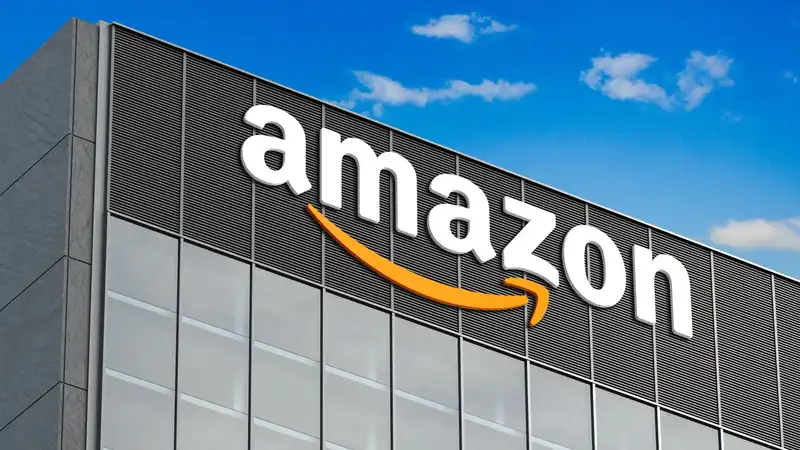The US Consumer Product Safety Commission (CPSC) unanimously determined on Tuesday, July 30, that Amazon is liable for dangerous or defective products sold by third parties on Amazoncom
The vote determined that Amazon is liable for products found to be defective or dangerous because it is a "seller" This ruling makes Amazon legally liable for products that must be recalled or destroyed
According to US regulators, the more than 400,000 products affected include carbon monoxide detectors that do not sound alarms, hair dryers without electric shock protection, and children's pajamas that were found to be highly flammable
"Amazon's failure to notify the public about these dangerous products and to take appropriate steps to encourage customers to return or discard them placed consumers at substantial risk of injury," the agency said
Earlier this year, Amazon reported that more than 60% of its marketplace sales came from "individual sellers" The dispute over responsibility has been ongoing for more than three years
The CPSC first sued Amazon in 2021, alleging that the company was selling products that posed a "substantial danger"
The CPSC was cracking down on Amazon for its failure to address dangerous productsAmazon argued that it was not a distributor of products "within the meaning of the Consumer Product Safety Act" and therefore was not liable for third-party products, although it acknowledged that there were dangerous products on the market
"Today's vote to bring an administrative lawsuit against Amazon was a major step forward for this small institution," Acting President Robert Adler said in 2021 'But it is a big step across a vast desert, and we must work on how to deal more efficiently with these giant third-party platforms and how best to protect the American consumers who depend on them'
The administrative law judge ruled against Amazon, finding that the company was a distributor and that its actions were "insufficient to protect the public" This was a callback to Amazon's current policy of warning customers about "potential" safety issues and offering Amazon credit
"We are disappointed with the CPSC's decision," an Amazon spokesperson said 'We plan to appeal this decision in courtWhen we were notified by the CPSC three years ago of potential safety issues with a small number of third-party products at the center of this lawsuit, we promptly notified our customers and instructed them to stop using the products and refunded their money'
"When a product recall occurs at our store, we promptly remove the affected products after receiving actionable information from the recall enforcement agency and continue to seek innovative ways to help our customers In addition, our Recall Alert service ensures that our customers are promptly informed of important product safety information and that the recall process is handled effectively and efficiently Through our A-to-z Guarantee, we ensure the safety of all products in our stores, whether sold by Amazon or our distribution partners We take proactive measures to prevent unsafe products and continually monitor our store listings If we discover unsafe products available for sale, we immediately address the issue and improve our processes"
As a result of the ruling, Amazon must now work with the CSPC to notify consumers about products subject to the order and submit a plan on how they will be removed from the market through recall or destruction
Consumer Reports' advocacy group issued a statement praising the CPSC's ruling Oriene Shin, policy counsel for Consumer Reports, said, "This is clearly the right decision" Otherwise, a product that could potentially injure or kill someone could slip through the cracks" Otherwise, products that have the potential to hurt or kill people could slip through the cracks
They added that they believe Amazon should give up its legal battle with the CPSC and comply with the ruling quickly so that consumers are protected










Comments